Professor David Flusser on R. L. Lindsey’s “revolutionary step” in New Testament scholarship, showing that the Gospel of Mark, which made Jesus “less of a Jew,” was written latter than Luke.
Character Profiles: Gamaliel and Nicodemus

Gamaliel saved the lives of Jesus’ apostles, and also influenced Paul’s ethics, even after Paul’s conversion. Nicodemus belonged to the Hillelite anti-Zealot circles to which Jesus himself was close.
Measuring the Disparity Between Matthew, Mark and Luke

A solution to the synoptic problem involves, among other things, the measurement of the disparity we find between parallel texts in Matthew, Mark and Luke.
“Verily” or “Amen”—What Did Jesus Say?

In translating the Greek texts of the Gospels into Hebrew, Dr. Lindsey found that many passages could be rendered literally with almost no change of word order. The result was a Hebrew version that often sheds fascinating light on the meaning of Jesus’ words, so much so that Lindsey came to believe the Greek sources Matthew, Mark and Luke used were rendered very literally from Hebrew originals. This Hebraic perspective sometimes explains Gospel passages that have long been considered difficult or ambiguous. In the following article, Lindsey presents one example of what has been considered a uniquely idiosyncratic expression of Jesus, but which a Hebraic perspective reveals to be a familiar phrase from the Scriptures.
Gentiles Demand All These Things

Jesus’ homily on worry (Matt. 6:25-34 ∥ Luke 12:22-31) is compared with two other ancient Jewish texts. All three sources describe gentiles as people obsessed with the basic necessities of food and drink and clothing.
The Apostolic Decree and the Noahide Commandments
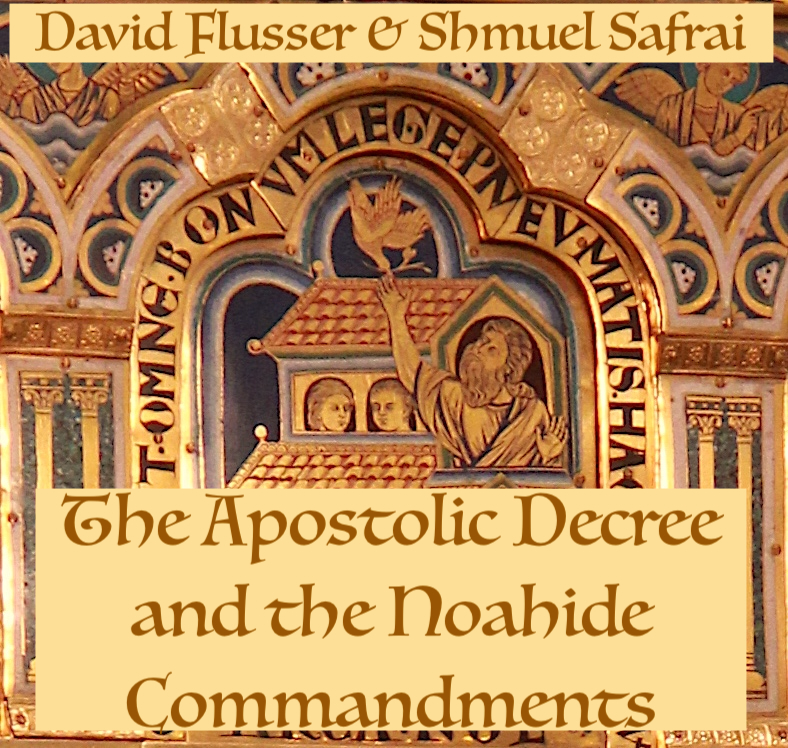
Jerusalem Perspective is pleased to make available to the English-speaking world this important article written originally in German by David Flusser and Shmuel Safrai: “Das Aposteldekret und die Noachitischen Gebote,” in Wer Tora mehrt, mehrt Leben: Festgabe fur Heinz Kremers (ed. E. Brocke and H.-J. Borkenings; Neukirchen-Vluyn, 1986), 173-192.
Covered in the Dust of Your Rabbi: An Urban Legend?

Some months ago, pastor-blogger Trevin Wax posted an article called “Urban Legends: The Preacher’s Edition.” There he lists several “urban legends” that he’s heard floating around lately in sermons. Like Internet rumors that people forward on ad infinitum, these preaching illustrations don’t have much grounding in fact.
Introduction to The Life of Yeshua: A Suggested Reconstruction
Purpose and goals of the LOY Commentary.
Elijah Prays About Rain

Toward the end of his Epistle, James exhorts his readers to pray with faith for the healing of the sick. When we read that “the prayer of a righteous man has great power in its effects” (James 5:16), we might have expected James to cite the example of Abraham. Genesis 20:17 might have served as the perfect prooftext: “Abraham prayed to God; and God healed Abimelech.” …The example of Elijah that was provided by James, however, seems less obvious and more difficult.
From Ezekiel 17:24 and 21:3 to Luke 23:31: A Survey of the Connecting Jewish Tradition

“For if they do these things in a green tree, what shall be done in the dry?” (Luke 23:31; KJV) Passages such as this demonstrate the indispensability of situating the teachings of Jesus within the context of Second Temple Period history, culture, literature, and language.
Hebrew or Aramaic? Some Evidence from Inscriptions

The fundamental assumptions of the past of Jesus’ mother tongue are again and again repeated today while their frame of reference has changed dramatically.
Jesus’ Sabbath Dispute with Pharisees in a Cornfield

The debate between Jesus and the Pharisees about plucking and eating corn did not concern labour on the Sabbath but concerned eating food which was allowed only to priests.
A Theology of Jewish-Christian Relations

Still today a famous German New Testament professor can say (as he did) to his students: “If you want to be a good Christian, you must kill the Jew in your heart.” I quote this professor’s words not because I am a Jew, but because he used the word “kill” as if it were a Christian virtue. Furthermore, the opinion that “you have to kill the Jew in your heart” is not unconnected with an important trend that existed in Christianity from its beginnings.
What Is Measured Out in Romans 12:3?
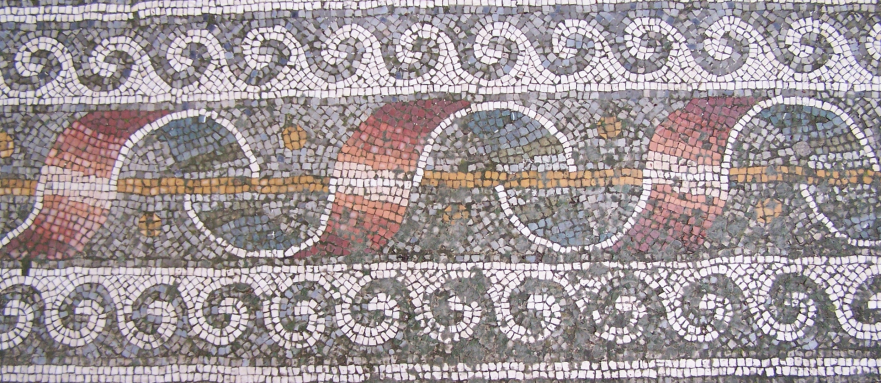
In Rom. 12:3 pistis refers not to believing in God, nor to the adequacy of one’s service to God, but rather to the aspect and area of stewardship or responsibility that God has assigned to each believer.
Jesus’ Reference to Folklore and Historical Events
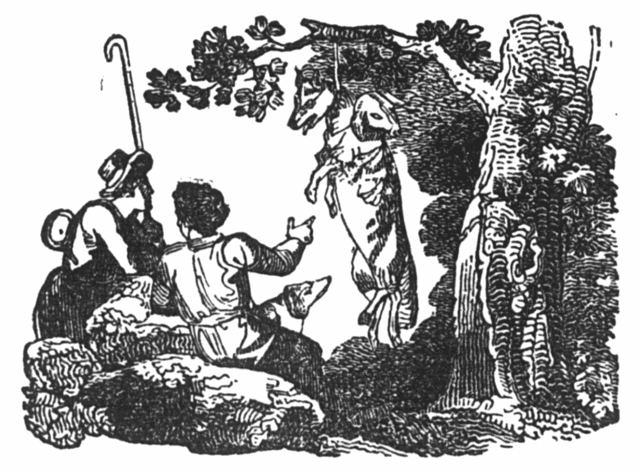
An inherent consequence of our distance from the world of Jesus is that we primarily understand Jesus’ words as they apply within our twenty-first century eschatological and theological framework. However, Jesus’ teachings reflect his cultural background as a Jewish rabbi in first-century Galilee.
Historical Howlers, Funny and Otherwise: Dan Brown’s Backward Understanding of Gnosticism

There are factual errors strewn throughout Dan Brown’s runaway bestseller, The Da Vinci Code.
Are Christians Supposed to Tithe?
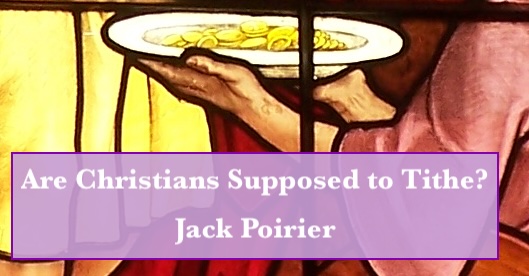
If Jesus censured the Pharisees for loading burdens upon the people that they could not bear, would he not censure today’s pastors for doing the same thing?
The Approval of Abraham: Traditions of God’s Acceptance of Abraham in Early Jewish and Christian Sources
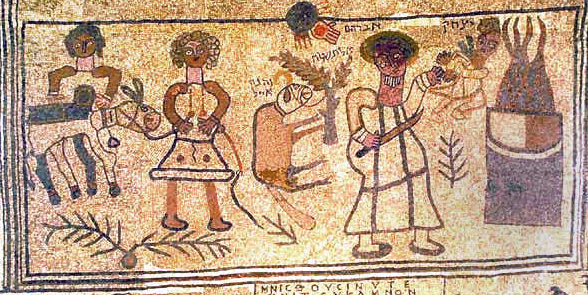
When, in ancient times, people read the account of the life of Abraham, it was common for them to ask, “When did Abraham finally make the grade? At which point in his life was Abraham approved and accepted by God?”

